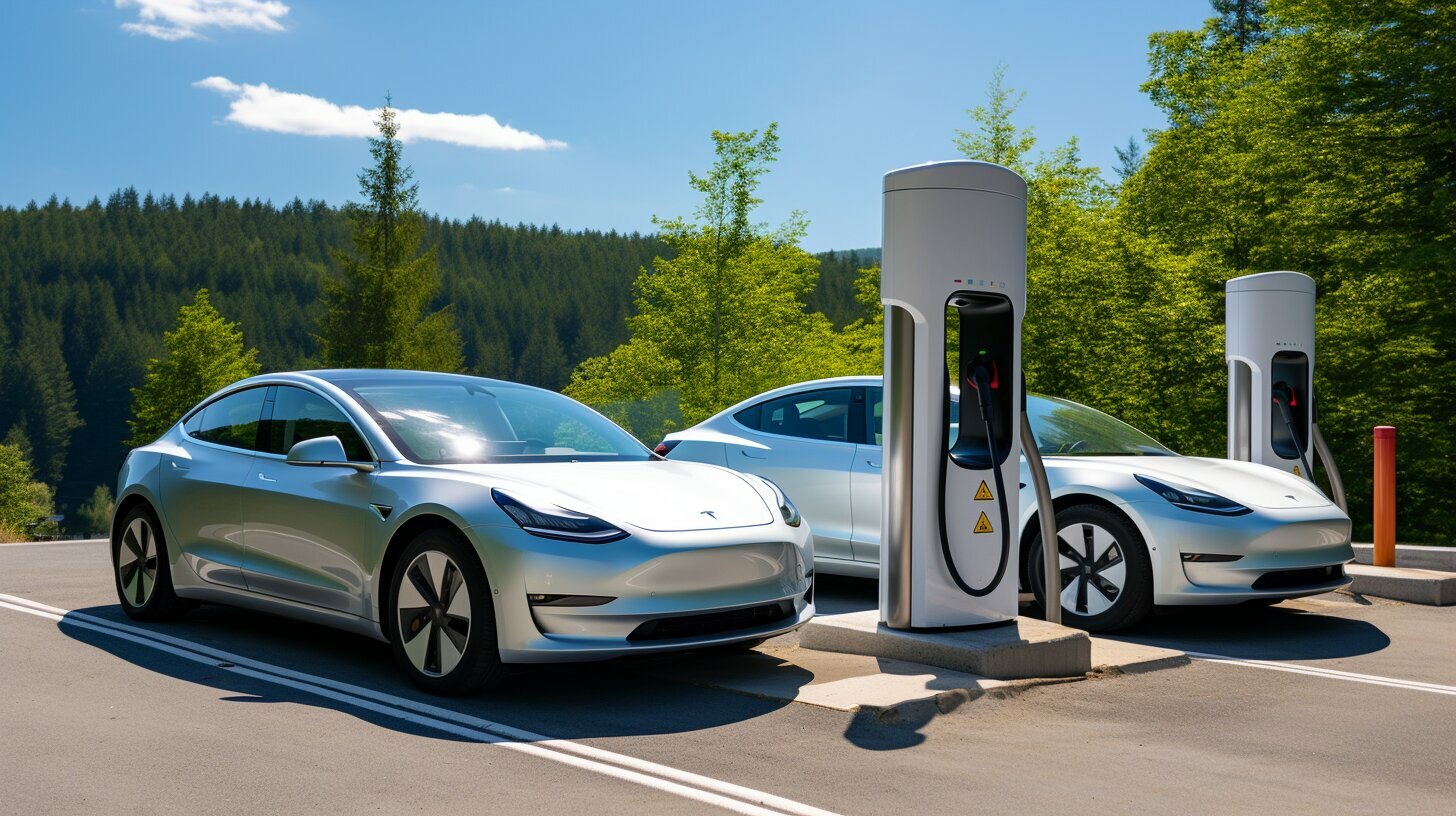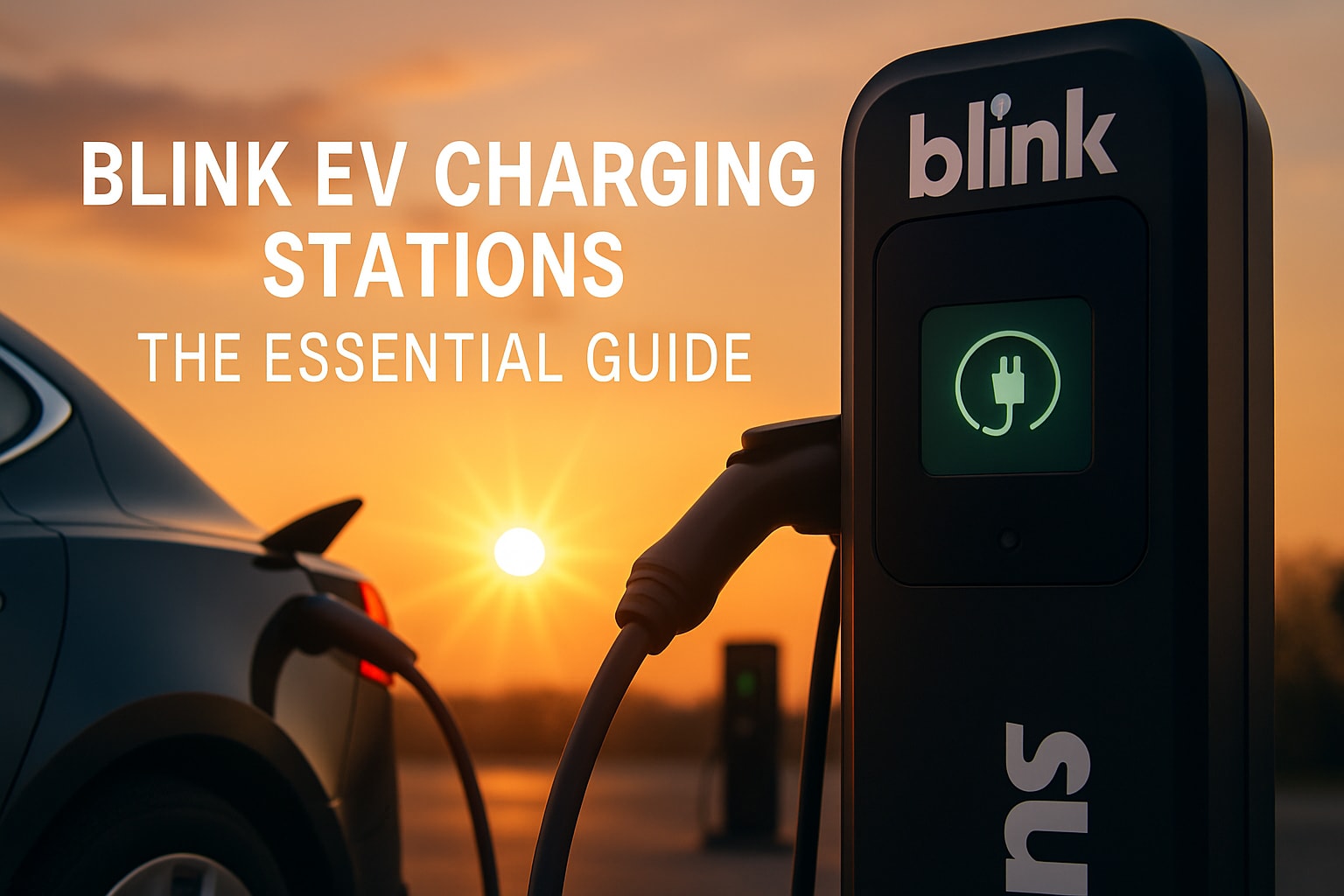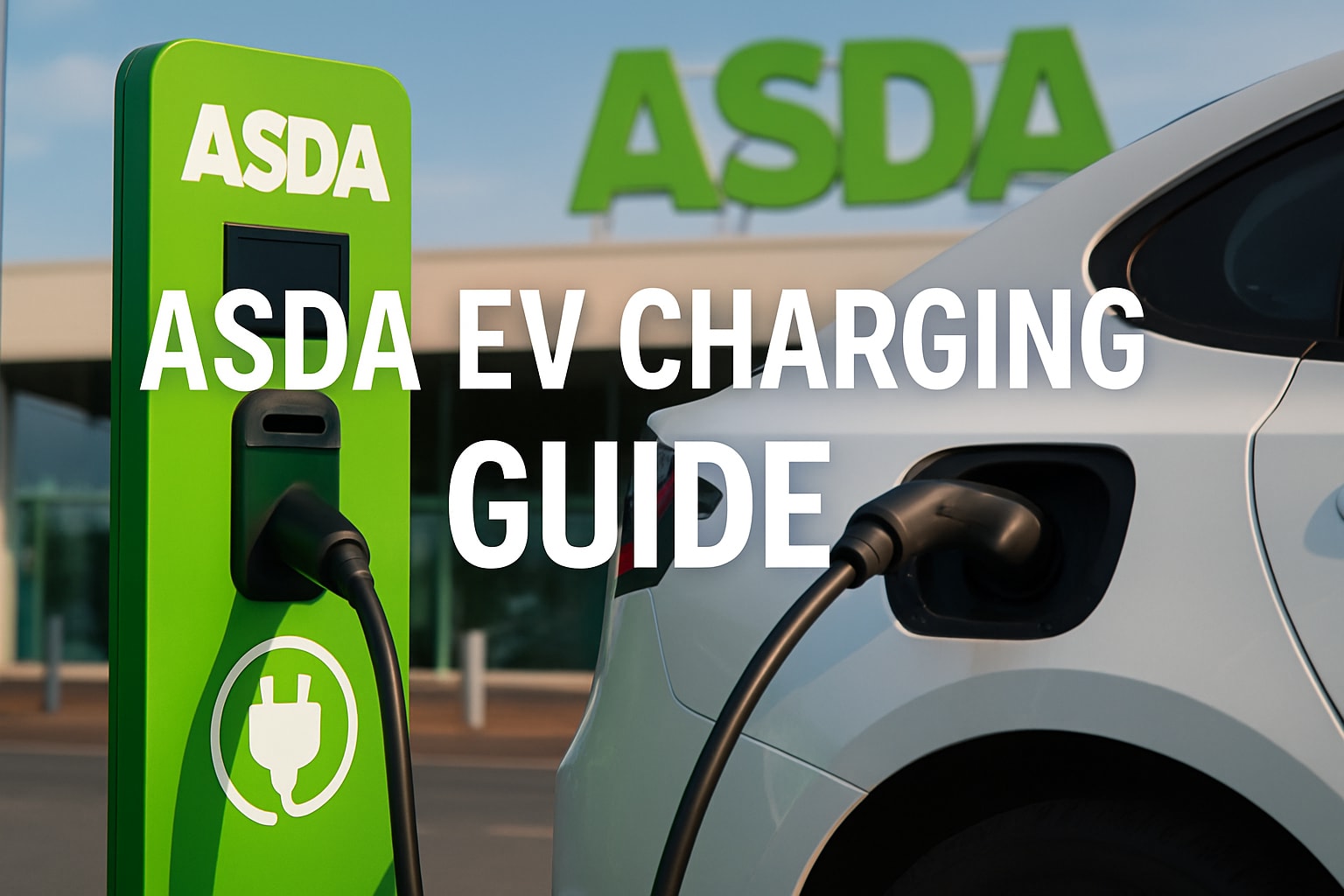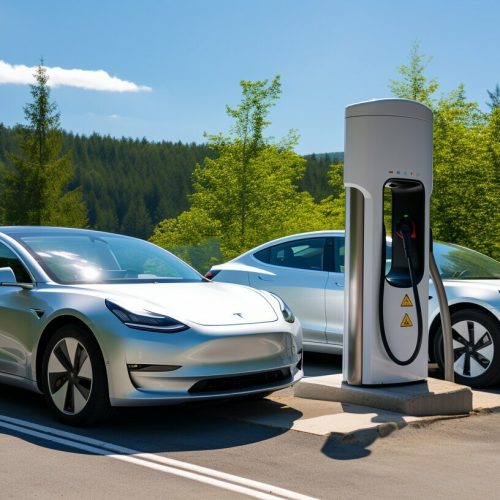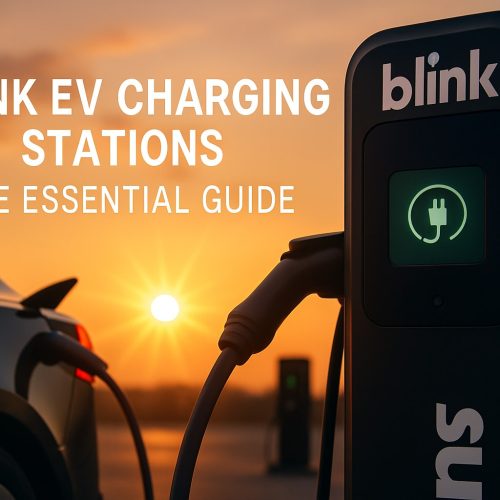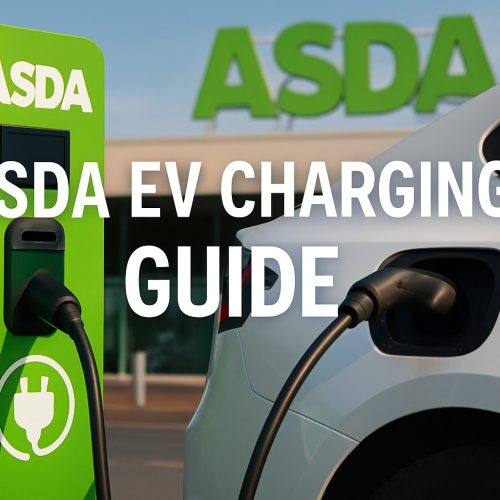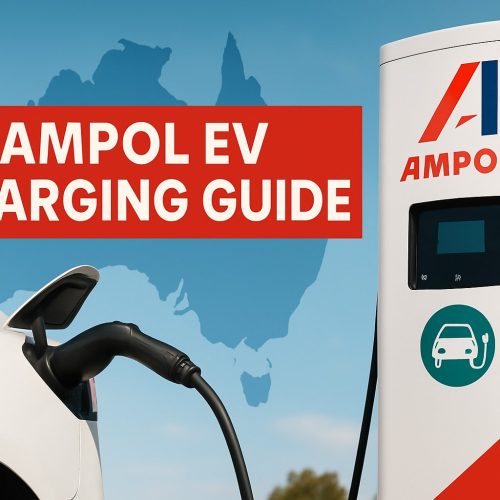Electric vehicles (EVs) are gaining popularity due to their eco-friendly nature and the growing concern for reducing greenhouse gas emissions. As the demand for EVs increases, so does the need for accessible and efficient charging infrastructure. However, one question that often arises is whether EV chargers are profitable for electric vehicle owners. In this article, we will explore the profitability of EV chargers, the benefits they offer, and how they compare to traditional gas-powered cars.
Understanding EV Charging
Before delving into the profitability aspect, it’s essential to understand the basics of EV charging. Charging an electric vehicle involves connecting it to a power source, typically through a charging station or a charger installed at home. EVs can be charged using different levels of charging:
- Level 1 Charging: This is the slowest level of charging, typically using a standard household outlet. It provides around 4-5 miles of range per hour of charging.
- Level 2 Charging: Level 2 charging involves using a dedicated charger or station with higher power output. It can deliver around 10-60 miles of range per hour of charging, depending on the charger’s capacity.
- DC Fast Charging: DC fast charging, also known as Level 3 charging, is the fastest charging option. It can provide up to 80% of the battery’s capacity in just 20-30 minutes, making it ideal for long-distance travel.
The Benefits of EV Charging
EV charging offers several benefits, both for electric vehicle owners and society as a whole:
- Cost Savings: EVs offer lower operating costs compared to gas-powered cars. Charging an EV is generally cheaper than refueling a traditional car with gasoline, resulting in long-term cost savings for owners.
- Environmental Impact: EVs produce zero tailpipe emissions, reducing air pollution and dependence on fossil fuels. Charging an electric vehicle from clean energy sources can significantly decrease greenhouse gas emissions, contributing to a more sustainable future.
- Convenience: Charging an EV at home eliminates the need for regular visits to gas stations. Owners can conveniently charge their vehicles overnight or whenever it’s most convenient for them.
- Government Incentives: Many governments worldwide provide incentives for EV adoption, including tax credits, rebates, and grants. These incentives can offset the upfront costs of purchasing and installing chargers.
The Profitability of EV Chargers
While the benefits of EV charging are clear, making EV chargers profitable depends on various factors:
- Charging Infrastructure: The accessibility and availability of charging infrastructure impact the profitability of EV chargers. Well-placed chargers in high-demand areas or along major travel routes are likely to attract more EV owners and generate higher revenue.
- Charging Rates: EV charger operators can set charging rates based on factors such as electricity costs, demand, and competition. Setting competitive rates can attract more customers and enhance profitability.
- Charger Utilization: The number of charging sessions and the duration of each session determine charger utilization. Higher utilization rates can result in more revenue generation.
- Maintenance and Operation Costs: EV charger operators need to consider maintenance and operation costs, including electricity expenses, maintenance personnel, and customer support. Efficient operational management can help minimize costs and increase profitability.
Comparing EVs to Gas-Powered Cars
To better understand the profitability of EV chargers, comparing EVs to gas-powered cars is crucial:
- Fuel Costs: Electric vehicles have lower fuel costs compared to gas-powered cars. EV owners can save significantly on fuel expenses by charging at home or using affordable public charging networks.
- Maintenance Costs: EVs generally have lower maintenance costs due to fewer moving parts and less wear and tear on components such as brakes and oil filters. This can contribute to overall cost savings, increasing the profitability of owning an EV.
- Charging Network Development: As the demand for EVs grows, charging networks are expanding, ensuring greater accessibility and convenience for owners. This infrastructure development further enhances the profitability and practicality of EVs.
- Environmental Impact: Owning an EV not only reduces greenhouse gas emissions but also aligns with the global push for sustainability. The positive environmental impact of EVs adds social value to their profitability.
In conclusion, EV chargers can be profitable for electric vehicle owners, taking into account factors such as charging infrastructure, rates, utilization, and operational costs. With the ongoing development of charging networks and increasing EV adoption, the profitability of EV chargers is likely to grow further. As more people recognize the benefits of electric vehicles, the demand for efficient and accessible charging infrastructure will continue to rise, making EV chargers a sound investment for both individuals and businesses.
The profitability of EV chargers depends on several factors. The accessibility and availability of charging infrastructure play a significant role in determining profitability. EV chargers placed in high-demand areas or along major travel routes are likely to attract more EV owners and generate higher revenue. Furthermore, EV charger operators can set charging rates based on factors such as electricity costs, demand, and competition. Setting competitive rates can attract more customers and enhance profitability.
Charger utilization is another crucial factor. The number of charging sessions and the duration of each session determine the utilization rate. Higher utilization rates lead to more revenue generation. In addition to these factors, EV charger operators need to consider maintenance and operation costs. These costs include electricity expenses, maintenance personnel, and customer support. Efficient operational management is essential to minimize costs and increase profitability.
Comparing EVs to gas-powered cars can provide insights into the profitability of EV chargers. Electric vehicles have lower fuel costs compared to gas-powered cars. EV owners can save significantly on fuel expenses by charging at home or using affordable public charging networks. Additionally, EVs generally have lower maintenance costs due to fewer moving parts and less wear and tear on components such as brakes and oil filters. These cost savings contribute to the overall profitability of owning an EV.
Moreover, the continuous development of charging networks ensures greater accessibility and convenience for EV owners. As the demand for EVs grows, charging infrastructure is expanding rapidly. This development further enhances the profitability and practicality of EVs. It creates a positive ecosystem where EV owners can easily find charging stations, reducing range anxiety and increasing the appeal of EVs.
From an environmental perspective, owning an EV aligns with the global push for sustainability. EVs produce zero tailpipe emissions, reducing air pollution and dependence on fossil fuels. The positive environmental impact of EVs adds social value to their profitability. Governments worldwide recognize the importance of EV adoption and provide incentives such as tax credits, rebates, and grants. These incentives can offset the upfront costs of purchasing and installing chargers, making EV ownership even more profitable.

In conclusion, EV chargers can be profitable for electric vehicle owners considering factors such as charging infrastructure, rates, utilization, and operational costs. With the ongoing development of charging networks and increasing EV adoption, the profitability of EV chargers is likely to grow further. As more people recognize the benefits of electric vehicles, the demand for efficient and accessible charging infrastructure will continue to rise, making EV chargers a sound investment for both individuals and businesses.
The profitability of EV chargers depends on several factors. The accessibility and availability of charging infrastructure play a significant role in determining profitability. EV chargers placed in high-demand areas or along major travel routes are likely to attract more EV owners and generate higher revenue. Furthermore, EV charger operators can set charging rates based on factors such as electricity costs, demand, and competition. Setting competitive rates can attract more customers and enhance profitability.
Charger utilization is another crucial factor. The number of charging sessions and the duration of each session determine the utilization rate. Higher utilization rates lead to more revenue generation. In addition to these factors, EV charger operators need to consider maintenance and operation costs. These costs include electricity expenses, maintenance personnel, and customer support. Efficient operational management is essential to minimize costs and increase profitability.
Comparing EVs to gas-powered cars can provide insights into the profitability of EV chargers. Electric vehicles have lower fuel costs compared to gas-powered cars. EV owners can save significantly on fuel expenses by charging at home or using affordable public charging networks. Additionally, EVs generally have lower maintenance costs due to fewer moving parts and less wear and tear on components such as brakes and oil filters. These cost savings contribute to the overall profitability of owning an EV.
Moreover, the continuous development of charging networks ensures greater accessibility and convenience for EV owners. As the demand for EVs grows, charging infrastructure is expanding rapidly. This development further enhances the profitability and practicality of EVs. It creates a positive ecosystem where EV owners can easily find charging stations, reducing range anxiety and increasing the appeal of EVs.
From an environmental perspective, owning an EV aligns with the global push for sustainability. EVs produce zero tailpipe emissions, reducing air pollution and dependence on fossil fuels. The positive environmental impact of EVs adds social value to their profitability. Governments worldwide recognize the importance of EV adoption and provide incentives such as tax credits, rebates, and grants. These incentives can offset the upfront costs of purchasing and installing chargers, making EV ownership even more profitable.
In conclusion, EV chargers can be profitable for electric vehicle owners considering factors such as charging infrastructure, rates, utilization, and operational costs. With the ongoing development of charging networks and increasing EV adoption, the profitability of EV chargers is likely to grow further. As more people recognize the benefits of electric vehicles, the demand for efficient and accessible charging infrastructure will continue to rise, making EV chargers a sound investment for both individuals and businesses
Key Takeaways
Key Takeaways:
- EV chargers can be profitable for electric vehicle owners, depending on factors such as charging infrastructure, rates, utilization, and maintenance costs.
- Well-placed chargers in high-demand areas or along major travel routes are likely to attract more EV owners and generate higher revenue.
- Charger utilization, determined by the number and duration of charging sessions, is crucial for revenue generation.
- EVs offer lower fuel and maintenance costs compared to gas-powered cars, contributing to their overall profitability.
- The continuous development of charging networks enhances the profitability and practicality of EVs by ensuring greater accessibility and convenience for owners.
- The positive environmental impact of EVs, including zero tailpipe emissions and reduced dependence on fossil fuels, adds social value to their profitability.
- Government incentives, such as tax credits and rebates, can offset the upfront costs of owning and installing EV chargers.
- With the increasing demand for EVs and the ongoing expansion of charging infrastructure, the profitability of EV chargers is expected to grow further.
